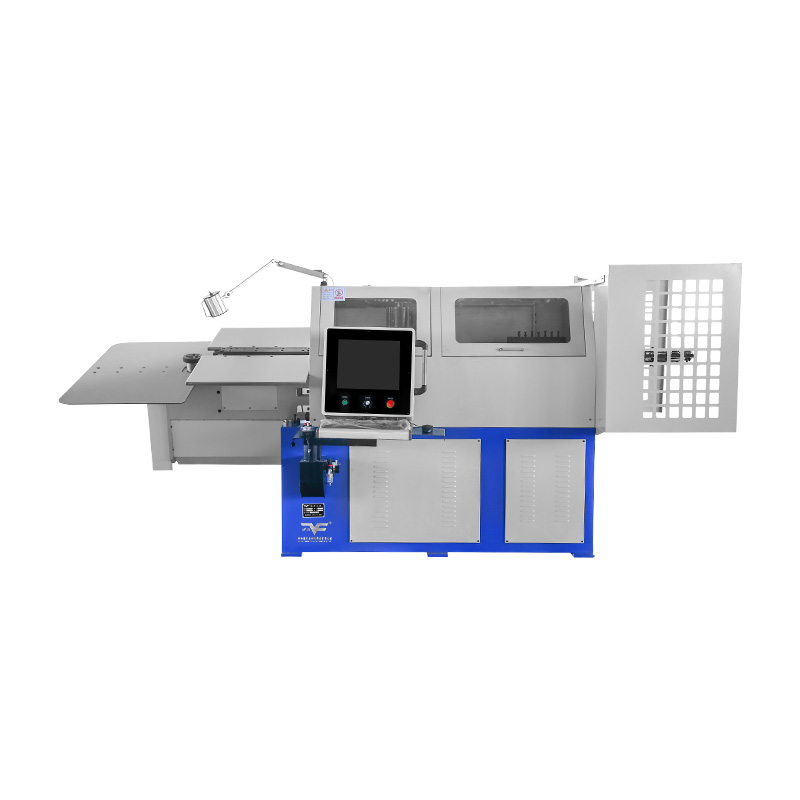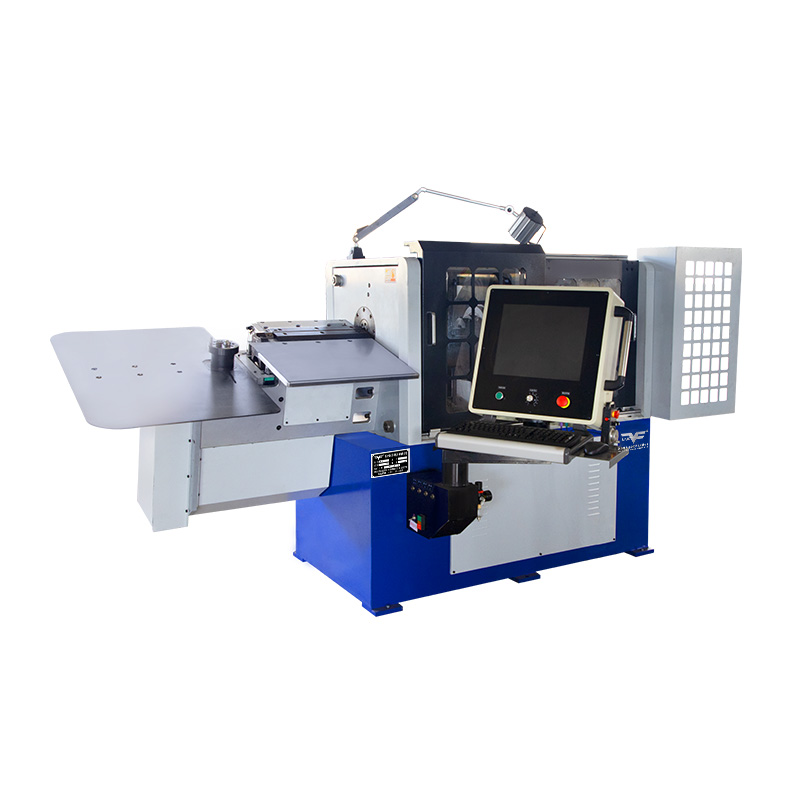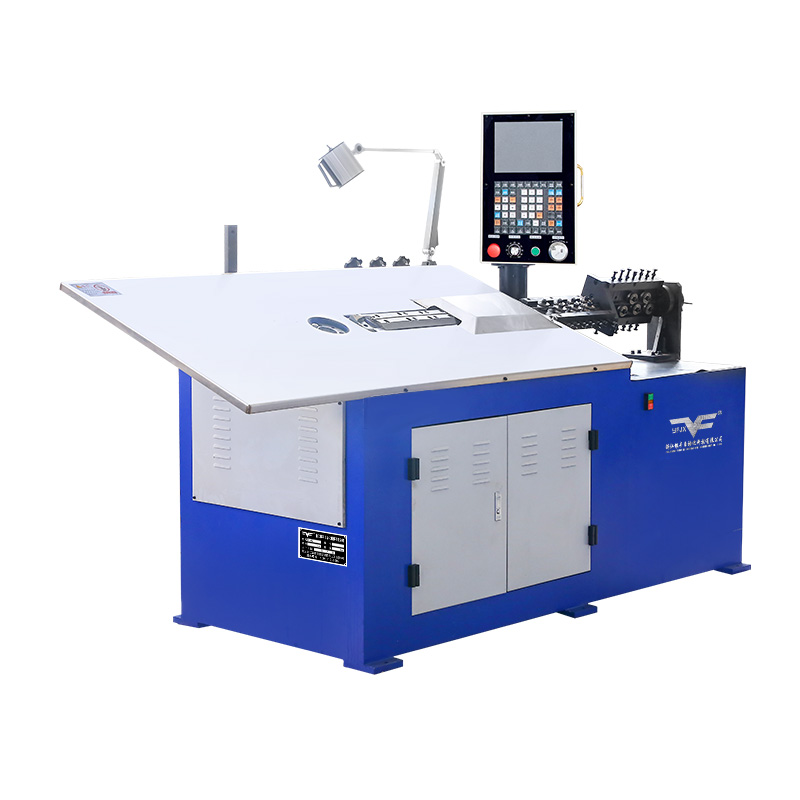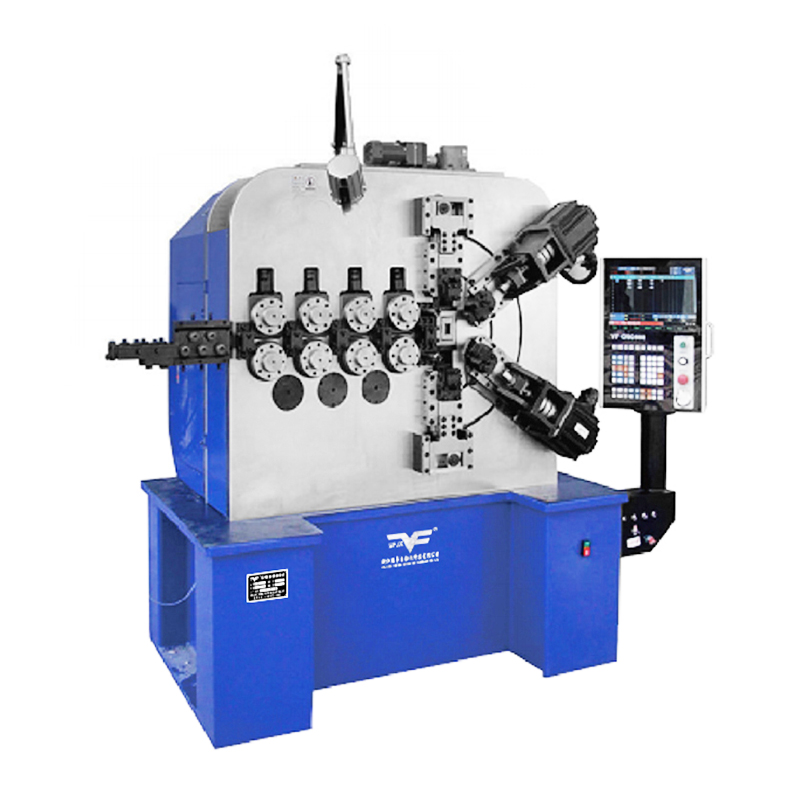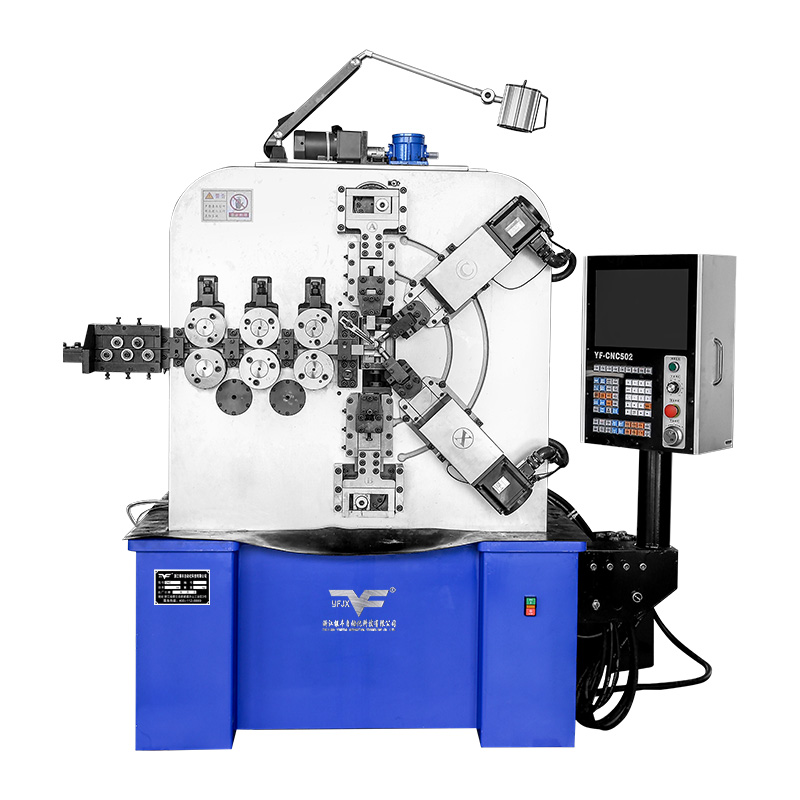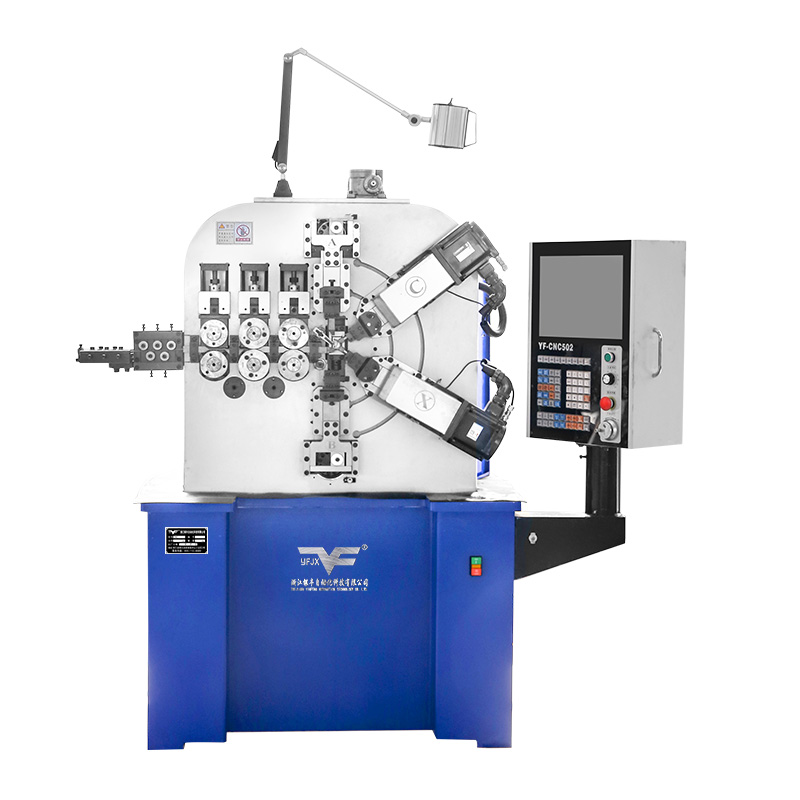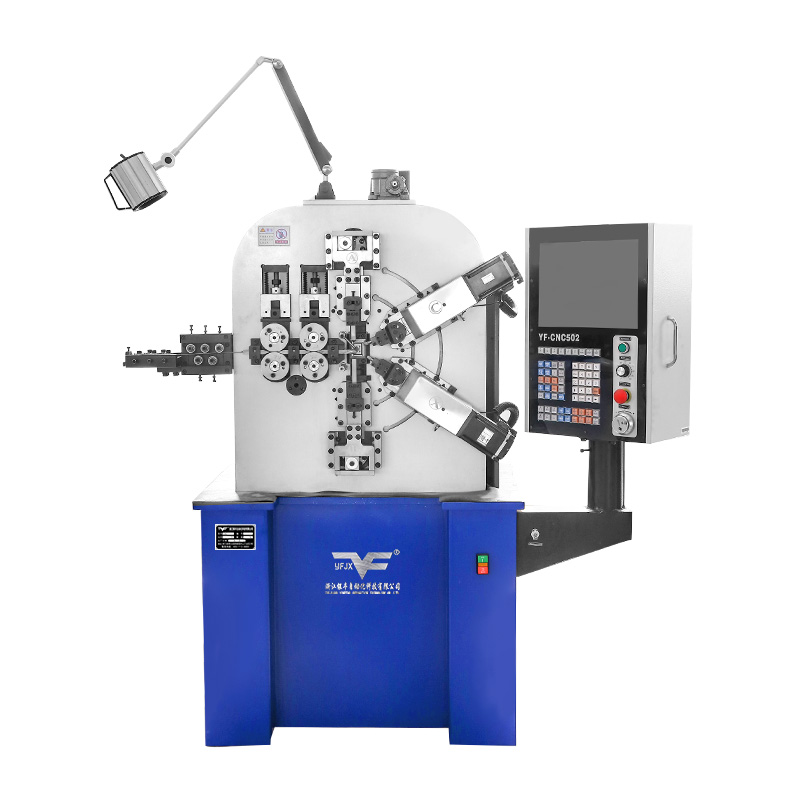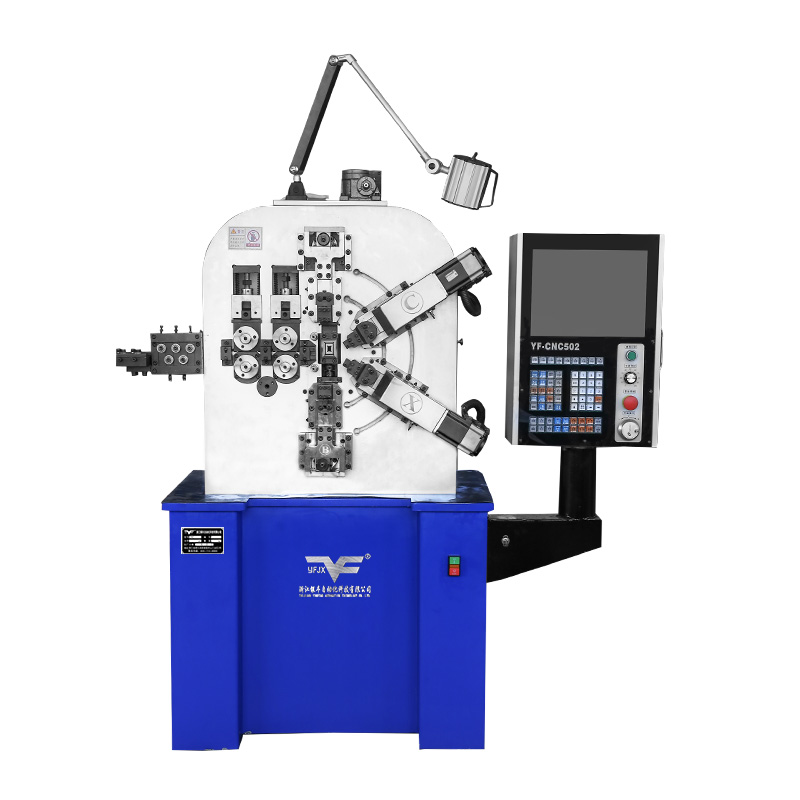What Role Does Automation Play in Optimizing the Performance of CNC Wire Machines?
Industry News-Automation plays a pivotal role in optimizing the performance of CNC wire machines, providing a host of benefits that extend across different facets of production. A CNC wire machine is designed to handle wire shaping and cutting with high precision. When integrated with automation technologies, these machines offer significant improvements in operational efficiency and product quality.
One of notable advantages of automation in CNC wire machines is the reduction in manual labor. Automation systems can perform repetitive tasks with high accuracy, which minimizes human error and ensures consistent quality across large production runs. For instance, CNC wire machines equipped with automated feeding and cutting systems can handle complex wire shapes and sizes without requiring constant operator intervention. This capability allows manufacturers to produce intricate components with greater consistency and less variation.
Another critical aspect of automation is its impact on production speed. CNC wire machines that incorporate automated processes can operate continuously, reducing downtime and increasing throughput. The integration of automated loading and unloading systems, as well as real-time monitoring and control, allows for faster setup and changeover times. This is particularly beneficial in environments where quick turnaround times are essential, such as in the automotive or aerospace industries.
The precision and reliability of CNC wire machines are also significantly enhanced through automation. Automated systems are designed to adhere to strict tolerances and specifications, ensuring that each part meets the required standards. For example, CNC torsion spring machines, which are used to create torsion springs for various applications, benefit greatly from automated controls that maintain tight tolerances and deliver high-quality results. The ability of automated systems to execute complex tasks with consistent accuracy is crucial for producing parts that meet stringent quality requirements.
Moreover, automation in CNC wire machines contributes to improved safety in the workplace. By reducing the need for manual handling and operator intervention, automation minimizes the risk of accidents and injuries associated with machine operation. This not only creates a safer working environment but also helps in adhering to regulatory standards and ensuring compliance with safety protocols.
The integration of automation also facilitates better data collection and analysis. Modern CNC wire machines equipped with automation technologies can generate valuable data on machine performance, production rates, and quality metrics. This data can be analyzed to identify trends, optimize processes, and make informed decisions about maintenance and improvements. For instance, by monitoring the performance of CNC torsion spring machines, manufacturers can predict potential issues before they arise and implement proactive measures to prevent downtime.
In addition to these benefits, automation allows for greater flexibility and customization in production. CNC wire machines with automated systems can easily adapt to different wire shapes, sizes, and configurations. This versatility is particularly important for industries that require bespoke or low-volume production runs. Automated CNC wire machines can quickly reconfigure for different tasks, reducing the need for extensive tooling changes and setup adjustments.
The economic advantages of automation in CNC wire machines are also noteworthy. Although the initial investment in automation technology may be significant, the long-cost savings are substantial. Automated systems reduce labor costs, improve material utilization, and minimize waste. Furthermore, the increased efficiency and productivity gained from automation translate into higher overall output and profitability.
In the context of CNC torsion spring machines, automation plays a crucial role in optimizing their performance by enhancing their capability to produce high-precision torsion springs. These machines benefit from automation through improved repeatability and consistency, which are essential for producing springs that meet exact specifications. Automated systems streamline the production process, reduce manual intervention, and ensure that each torsion spring is manufactured to high standards.

 English
English русский
русский Español
Español 简体中文
简体中文